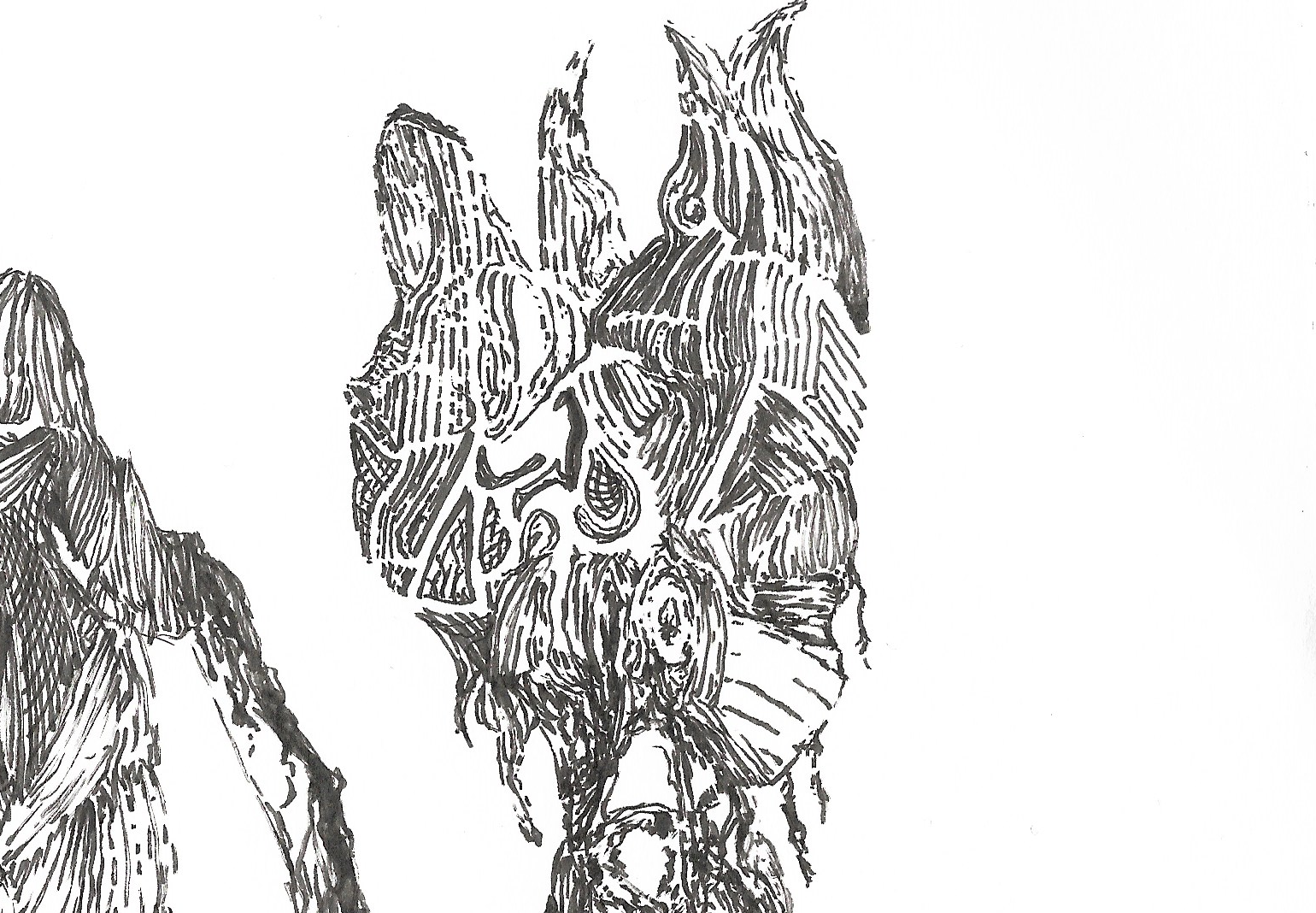It feels weird to say but I hate them. I don’t know if I Would describe them as painful, but they’re definitely uncomfortable. It does not feel right in my chest or my throat. And I hate how irregular the rate at which I inhale/exhale air is when I try to do it slowly. And I can’t breathe in/out for as long as I’ve been instructed to. Ok when I write all that out it kind of sounds like I have a medical problem. But to my knowledge my breathing is fine I passed the test with that thing doctors wear around their neck the stegosaur or whatevr
It does work, but it’s not really a panacea. It’s more something you have to do every day a few times a day. There’s a physiological basis for it, your heart rests on your diaphragm and it slows down with slow, purposeful breathing. Your heart slowing helps your nervous system stop firing as fast which helps with anxiety. It’s something to do and to focus on when a person is in full panic attack but it’s not exactly Ativan if you get my meaning. It’s more a thing that helps the longer and more you do it.
A lot of skills and exercises we do for the first few times feel uncomfortable, so a little discomfort is to be expected. If you’re being told to do this as a way to help with anxiety, don’t worry the discomfort is a part of the process. Feeling like your breathing is off is a very, very common anxiety symptom. You already got it checked out by a doc, right? Sounds like your breathing and lungs are okay from a medical and physical point of view. Feeling like the air coming out is too irregular is interesting, cause you should have full control over the rate - unless you mean the very very end of the breath, cause then yeah it gets raggedy at the end if you’re blowing everything out. That’s normal, everyone is like it - but whats not normal is being told to blow all the way out to the very ragged end, you shouldnt have to (this is supposed to be relaxing lol). The discomfort in your throat and chest with deep breathing is also unusual, but you said a doctor already cleared you so likely you just need practice and it’ll come more naturally and easily with time.
Keep an eye on how your breathing feels, if this is still an issue with you the next couple weeks I’d bring it up with your doctor again. Also, it’s stethoscope lol. That just lets them hear your lungs, they’re listening for wheezing, crackles, and if air entry is getting all the way down to the bottom of your lungs. There’s other tests for lung function like a Pulmonary Function Test, methacholine test, xrays etc etc - but if they listened to your chest and said you sound good and you feel like you’re getting enough air most of them time and maybe they even did a lil SpO2 test on your finger, that should be all the check up and test you need.
I did not expect to get genuine responses from this shit I posted because I was bored and couldn’t sleep I appreciate it a lot thouh thank you
I’ve only ever tried breathing exercise stuff as something a counselor recommended to me for insomnia and anxiety issues where I got tachycardia or racing heart rate shit seemingly outta nowhere trying to fall asleep from CPTSD episodes, but they were mildly helpful in calming panic attacks and being calm enough to fall asleep.
I had a crunchy kinda new-agey relative recommend “fire breathing meditation” which from what I’ve gathered is pretty much just deep rhythmic breathing plus Zen type mindfulness and a quasi-throat singing guttural kind of exhale done in a pattern that was surprisingly kinda helpful. I’ve always had a really difficult time falling asleep but normally sleep pretty deeply once I do, so maybe that could help you if you’re similar to me?
Idk, I was really skeptical of my relative for basically being “hippie bullshit” in general but that advice actually did help me. Still don’t believe in homeopathy or healing crystals, but hey, sometimes kooky relatives have some useful tips, I dunno.


it depends on when in time you’d have asked me. When I first started having issues that demanded something like breathing exercises to manage - going from erratic breathing from overstimulation or panic attacks or anxiety attacks or whathave felt awful. My chest would feel wrong, my racing heart would be like HEY I WANNA SET THE TONE HERE and so there would be a physically uncomfortable clash
But i meditate and follow my breathing for mindfulness now, and i can say I have gotten used to how it feels to take control here. The discomfort will fade with use and practice, fyi - to me it ended up being like any other workout - initial discomfort followed by greater ease of action with repreated use.
if the act itself helps i have to recommend learning how to get used to it, and because of how brains work that’s mostly repetition.
If you can’t breathe as slowly as instructed, breathe a little faster; whatever it takes to keep it smooth. Then slow down as you improve. I find when I’m anxious I can’t breathe smoothly, and sometimes breathing exercise works and I get back to a smooth, slow breath. Other times I just can’t relax long enough to calm down. Be easy on yourself and take small steps.
deleted by creator
the only breathing exercises i am willing to do are through a thin rolled up tube of paper.
no really i find it much easier to focus on it that way.
They’ve kept me from hurling a customer’s cappuccino into their face, so they’re worth a damn for me.
deleted by creator
I find it very helpful, for managing stress, anxiety, fear.
But like, just because I find it helpful, doesn’t mean it’s going to work for you. Different people find different coping mechanisms helpful, and I think part of learning to manage neurodivergance and mental illness is building up a suite of things that work for you be they coping mechanisms, medicine or treatments, or whatever.








